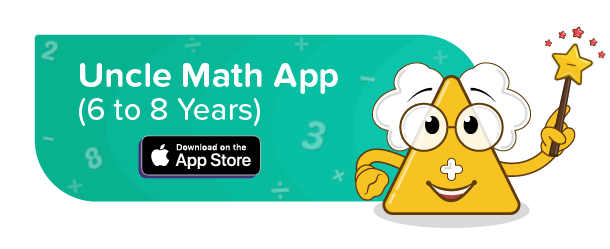Equivalent Fractions
Equivalent fractions are the fractions that have different numerators and denominators but are equal to the same value. Some examples of equivalent fractions are ½, 2/4, 3/6, and 4/8 are equivalent fractions because they are equal to ½.
A fraction is a part of a whole. Equivalent fractions represent the same portion of the whole.
But finding and understanding equivalent fractions is a tricky concept for children. Let’s understand how to go about it:
Identifying equivalent fractions:
Let us identify if 2/6 and 4/12 are equivalent or not:
- Visualize:
When we overlap 2/6 and 4/12, we see that they cover the same position of the whole. Thus they are equivalent.
- Using number line:
If the fractions are equivalent, they indicate the same point on the number line when overlapped.
- Simplifying the fractions: Another easiest way to identify the equivalent fractions is to simplify the given fractions to their lowest form. If the answers are the same, then they are equivalent.
Eg: 2/6 = ⅓ , 4/12 = ⅓
- Cross multiplication method:
We cross multiply the numerator of fraction 1 with a denominator of fraction 2 and the denominator of fraction 1 with the numerator of fraction 2. If the products are equal then the fractions are equivalent.
2×12= 24
4×6 = 24
Generating equivalent fractions:
- We can make equivalent fractions by multiplying or dividing both top and bottom by the same amount.
Real-life applications:
- To identify if you got your fair share or not:
Eg: You and your friend have decided to exchange your pizzas equally. His pizza had 5 slices and yours had 3
Different ways to teach:
Teaching through stories:
Teaching through activities:
- Geogebra: GeoGebra for Teaching and Learning Math · Free digital tools for class activities, graphing, geometry, collaborative whiteboard and more. It has an amazing collection of math activities/simulations, especially fractions that help students visualize fractions in a unique way.
Teaching through games:
- Memory game:
Materials:
- 16 cards
- Write 3 equivalent fractions of ½
- Write 3 equivalent fractions of ⅓
- Write 3 equivalent fractions of ¼
- Write 3 equivalent fractions of ⅕
- Place the cards on the table.
- Each player picks a card and then picks another card.
- If the pair is an equivalent fraction of the first card, they can remove that card from the table.
- If not, then keep the card in the same place.




